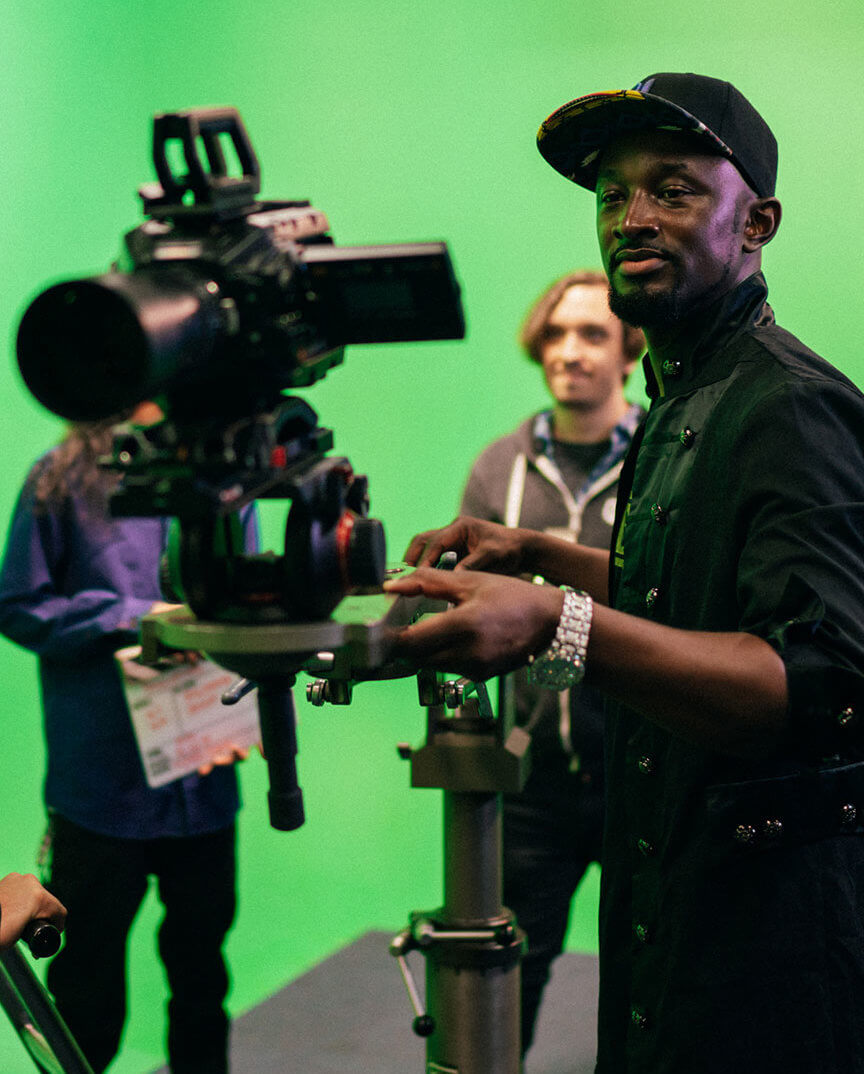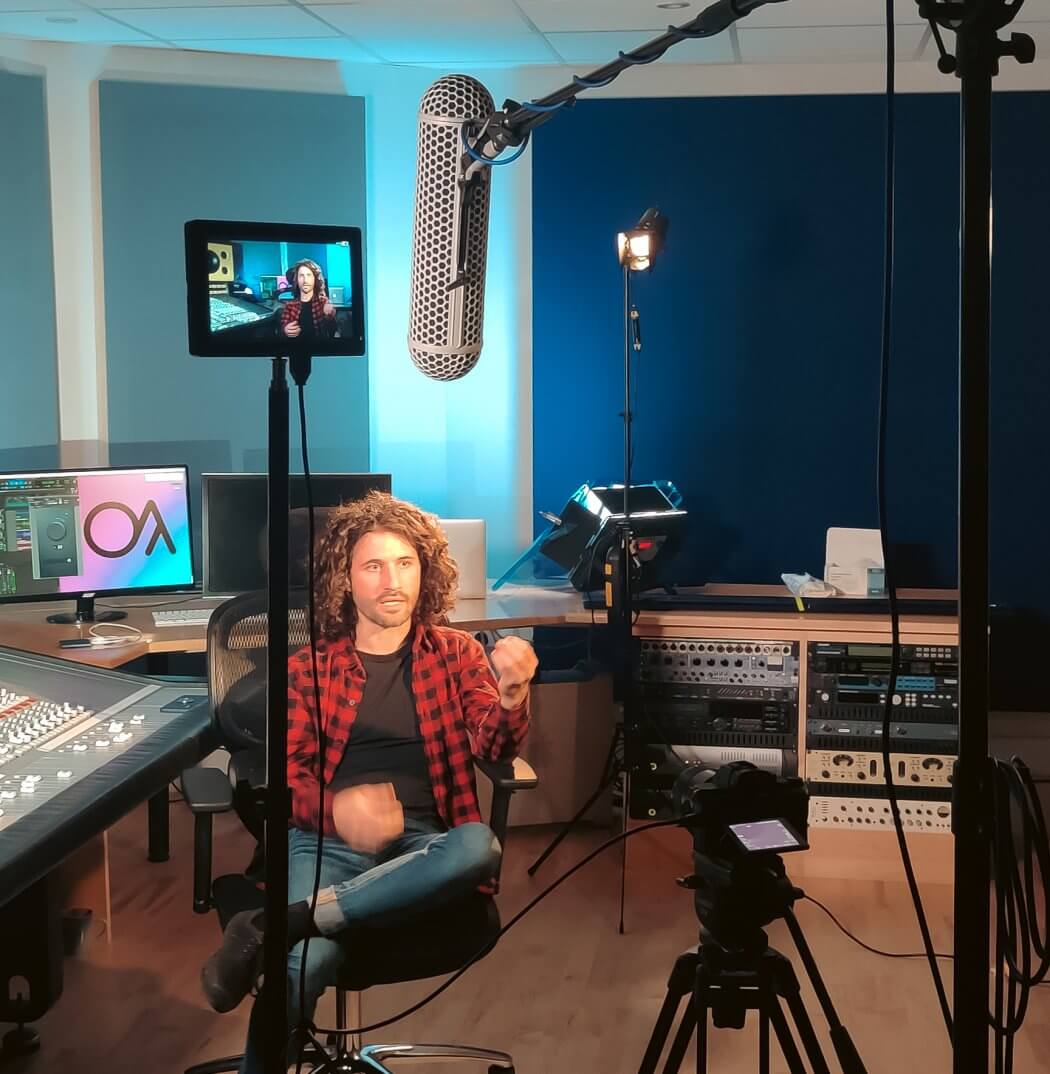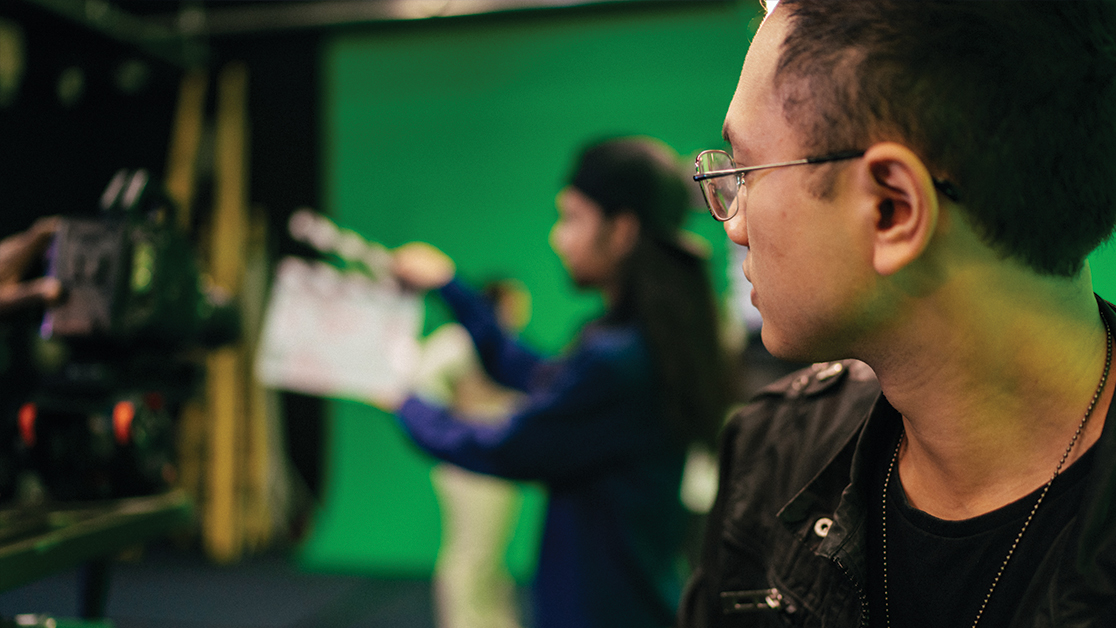Film Production Advanced Diploma
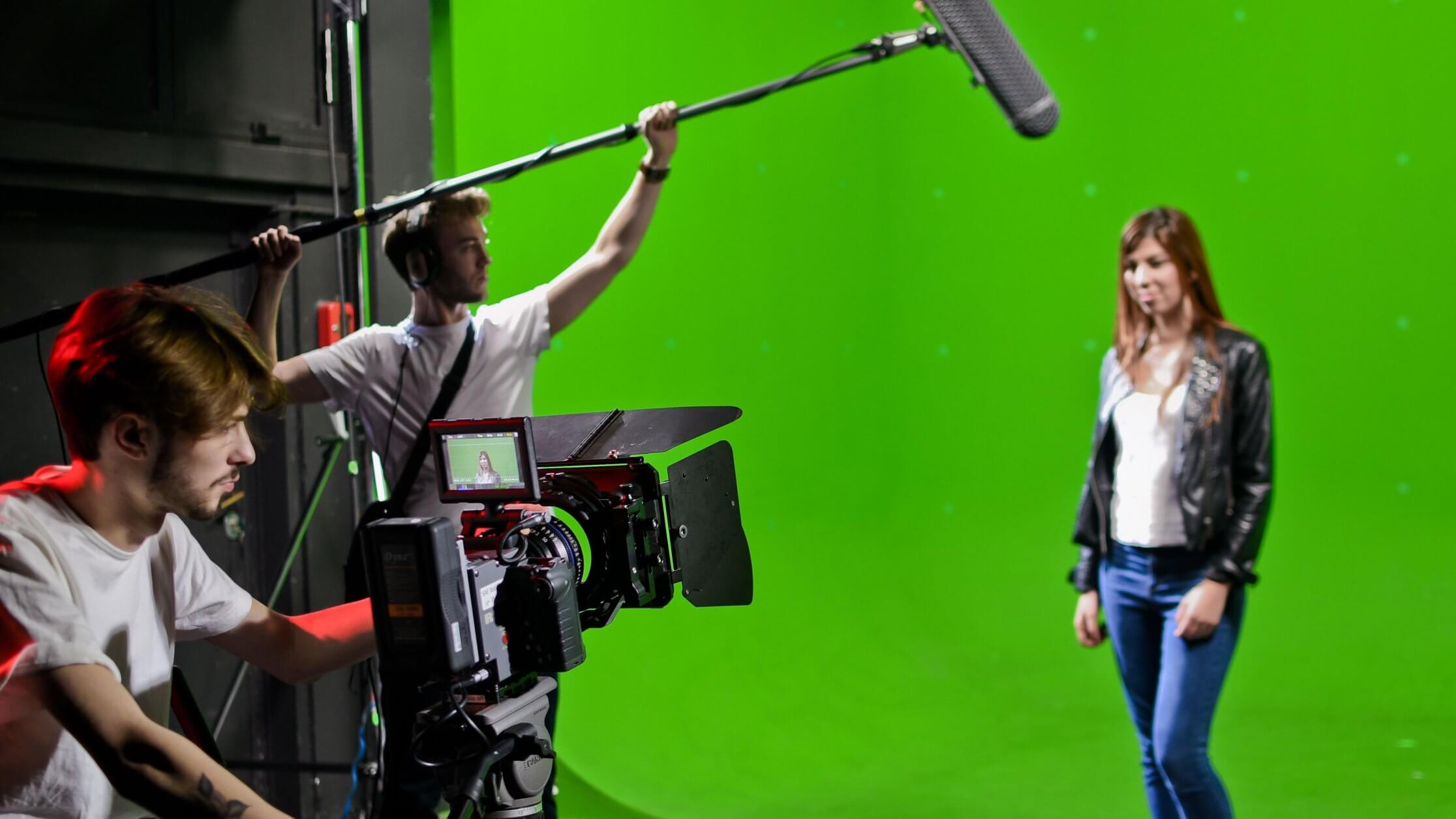
March and September 2026
Students studying higher education courses may be eligible for various forms of funding, including student loans and grants. There may be some differences depending on the region you come from.
For non-EU students, a valid VISA for the entire duration of the selected course is required before enrolment. The registration at SAE Institute cannot grant you a Student Visa in the Netherlands.
On this page, you will get a detailed insight into the course content of the Film Production Advanced Diploma. You will find out everything you need to know to get started straight away.
The film Production Advanced Diploma Course includes:
In an additional semester, you’ll create your masterpiece—an elaborate film production at the industry level that shows the world what you’re made of.
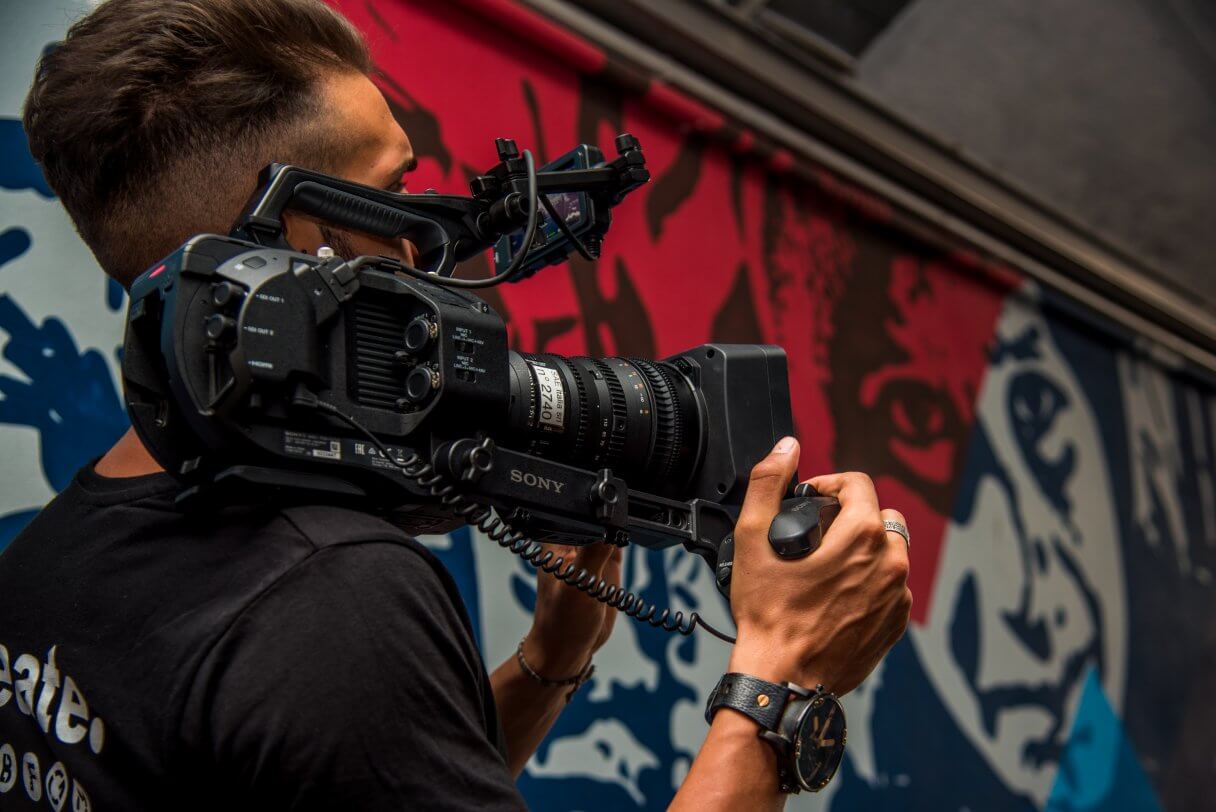
Course Structure
The group members should then divide themselves into the corresponding roles within the researched positions and define which software they need for this and what salary they would receive for it.
What is the cost of the position you hold in the company, together with the resources you need for it? Which group members are permanent employees and which are freelancers?
In the course of the module, the team develops branding for the product, considers possible distribution channels for the release, and prepares the individual pieces of work of the group members from a marketing point of view so that content can be used for a possible advertising campaign.
By the end of the module, you will have an overview of all job positions within your industry, be able to assess your work financially and market yourself and your portfolio appropriately. You will get an overview of the workflow, how freelance and permanent activities work in the industry, and know how to use basic marketing techniques.
In the module, students will experience teamwork across creative media disciplines, and potentially remotely across various campus locations. The module will also introduce key differences between production strategies for the arts or sciences, preparing students to develop their specialization.
Students can choose from a range of possible projects, the availability of which is determined by the location of the campus, the needs of the local industry, and/or the student’s learning requirements.
Throughout this module, students will be encouraged to engage in self-reflective processes to improve their creative and collaborative work practices and to build the core skills necessary for a successful career in the creative industries. With the guidance of studio facilitators, students will complete a set of project briefs designed to build on the foundation skills acquired and to further enhance their competencies within their discipline area.
Students will experience teamwork across creative media disciplines, and potentially remotely across various campus locations, preparing them that way to develop their specialisation.
In the beginning, a vision/idea of a fictitious media product in the creative industry is developed as a team. The group members should then divide themselves into the corresponding roles within the researched positions.
In the course of the module, the team develops branding for the product, considers possible distribution channels for the release, and prepares the individual pieces of work of the group members from a marketing point of view so that content can be used for a possible advertising campaign. By the end of the module, students will have an overview of all job positions within the industry.
Your career in Film begins now
Tools and Software





FAQs
Audio students get the chance to collaborate with other disciplines, there are many opportunities and requirements to collaborate with students from other degrees throughout the course.
Yes, there is an SAE Student Store with discounts available to students who have fully enrolled.
Students can access campus facilities during opening hours. Please contact your campus for timings.










